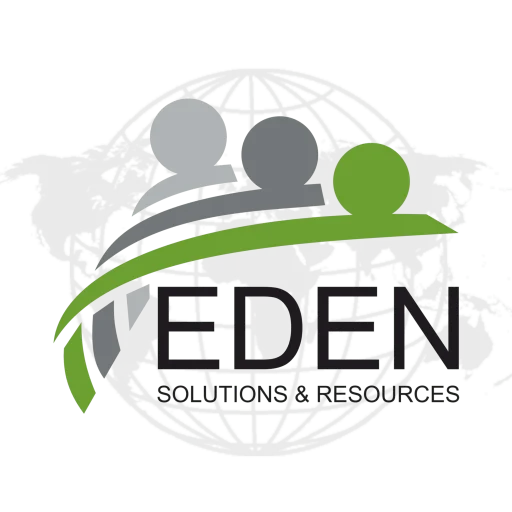The Power of Work Ethics
Title: The Power of Work Ethics: Building Success with Integrity and Excellence
Introduction:
Work ethics serve as the foundation for success in any professional setting. They encompass a set of moral principles, values, and behaviors that guide individuals in their work and shape the culture of organizations. In this article, we explore the importance of work ethics and how they contribute to personal and professional growth.
1. Integrity and Trust:
At the core of work ethics lies integrity, which involves adhering to ethical principles, being honest, and maintaining a high level of trustworthiness. Upholding integrity in the workplace builds credibility and fosters trust among colleagues, clients, and stakeholders. It sets the stage for strong relationships, effective collaboration, and long-term success.
2. Professionalism and Accountability:
Work ethics emphasize professionalism and accountability. Professionals with strong work ethics take ownership of their responsibilities, deliver work of high quality, and meet deadlines consistently. They display a commitment to excellence and take pride in their work. Being accountable not only enhances individual performance but also contributes to the overall success of the team and organization.
3. Respect and Collaboration:
Work ethics promote a respectful and inclusive work environment. It encourages individuals to treat colleagues, clients, and partners with dignity, regardless of differences in background, position, or opinion. By fostering collaboration, open communication, and valuing diverse perspectives, work ethics enhance teamwork, innovation, and collective problem-solving.
4. Continuous Learning and Growth:
Work ethics embrace a growth mindset and a commitment to lifelong learning. Ethical professionals seek opportunities to acquire new skills, stay updated with industry trends, and seek feedback to improve their performance. They actively pursue personal and professional growth, recognizing that it is a continuous journey that leads to increased expertise and adaptability.
5. Positive Organizational Culture:
Work ethics play a vital role in shaping the culture of organizations. When individuals uphold strong work ethics, they contribute to a positive and supportive work environment. Organizations that prioritize ethics create a culture that fosters employee engagement, loyalty, and job satisfaction. This, in turn, attracts top talent and enhances the organization’s reputation.
Consulting
IT Service
Conclusion:
Work ethics are the guiding principles that drive individuals and organizations towards success. By embracing integrity, professionalism, accountability, respect, and a commitment to continuous learning, individuals can build a strong foundation for their careers. Moreover, organizations that foster a culture of strong work ethics create an environment conducive to growth, collaboration, and long-term success. Embracing work ethics not only benefits individuals but also contributes to the overall well-being and prosperity of the entire workforce and organization as a whole.





